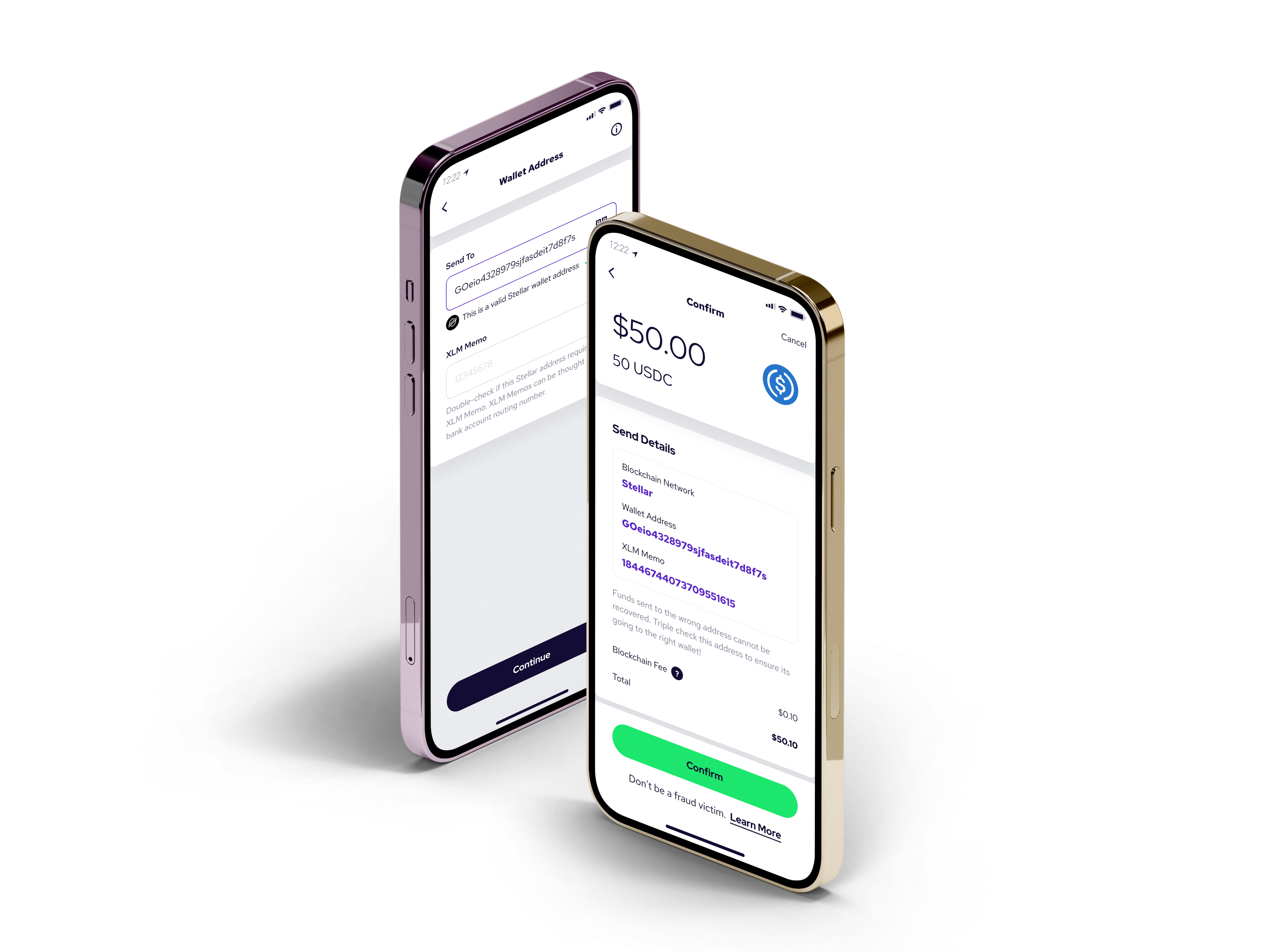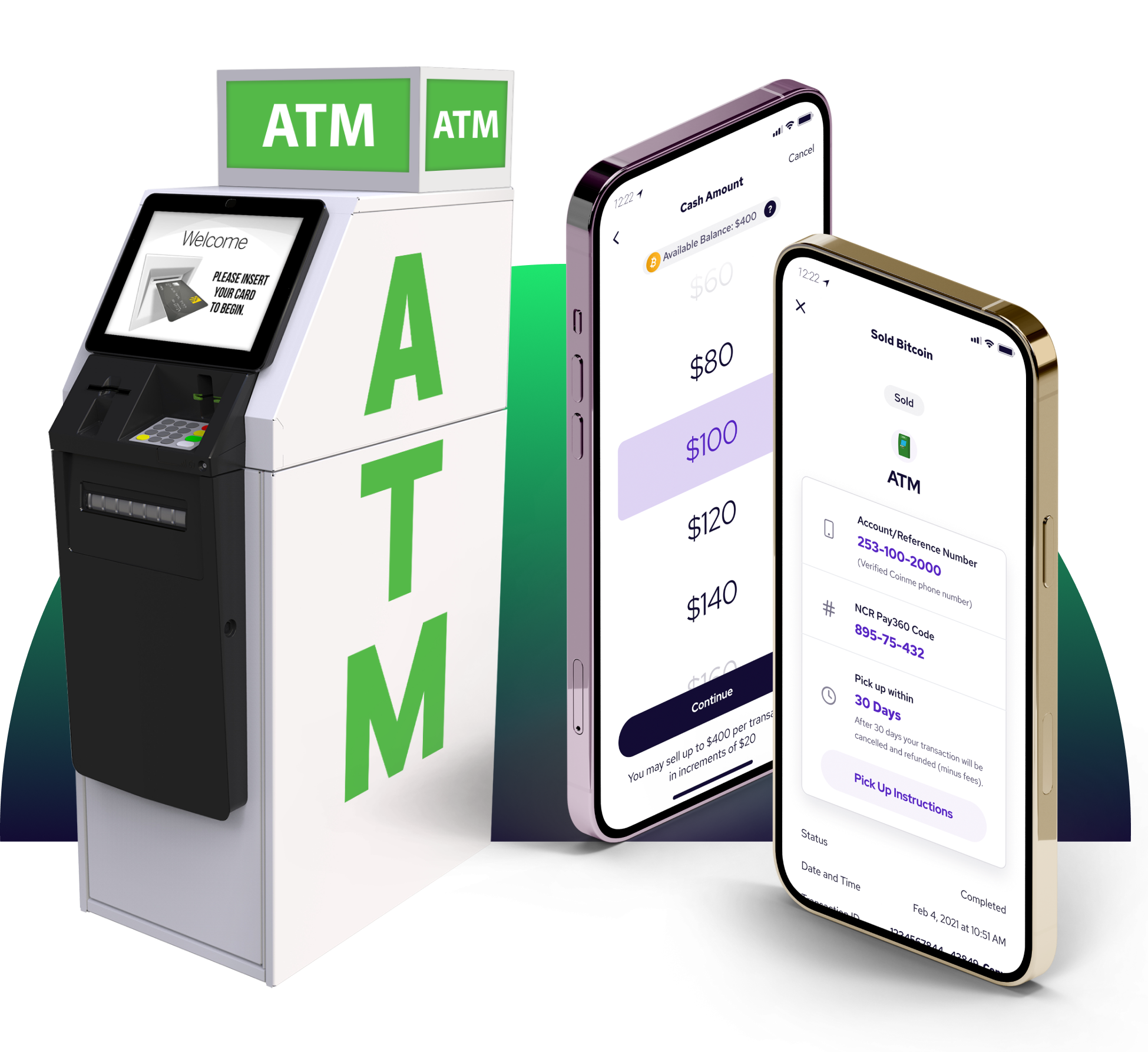Bitcoin can be many different things.
Bitcoin can mean something different to each person who uses it.
We think that learning about bitcoin — and its potential to create a fair and open financial system — is important for everyone to know.
That’s why we put together this page. The goal was to create a resource to help answer the question “What is bitcoin?” But developing a simple answer to “what is bitcoin?” is challenging, mainly because bitcoin is multi-layered and dynamic.
Bitcoin as an information network, and bitcoin the digital currency continue to grow, see more adoption, and go mainstream worldwide. And as bitcoin matures, new use cases start to emerge, which show the utility of the network and the adaptability of a computer code-based money system like bitcoin.

Current bitcoin price
Here are a few bitcoin uses cases that get people excited:
- Bitcoin as a peer-to-peer digital cash system. This was how bitcoin was first conceived and why it was originally created. It was envisioned as a way for people to send money using the internet and without the need for a trusted third-party such as a credit card company or a bank. This decentralized peer-to-peer model spawned an entire industry, which over the last ten years has grown up and improved upon our existing finance system through decentralization. Bitcoin remains the world’s most robust peer-to-peer network in the world today.
- Bitcoin as a store of value. This use case has really caught on especially as the price of bitcoin — both the price of an individual bitcoin and the total market capitalization of all bitcoin — has continued to steadily rise on a yearly basis. People looking to convert other financial assets and store them in an asset that has a chance of being more valuable in the future are turning to bitcoin. Traditionally, assets such as gold or other precious metals were considered stores of value because of the built-in scarcity and the historical performance of predictable price increases. While bitcoin’s price on a daily, weekly, or monthly chart continues to be volatile (and likely will for the foreseeable future), the overall price trend has been positive. Additionally, having a very portable and digitally-based store of value is attractive to many.
- Bitcoin as an investment. Bitcoin is one of the best performing financial assets of the past decade when viewed by rates of return. In October 2010, bitcoin hit a milestone when one BTC was worth $0.125. Ten years later, in October of 2020, the price of one bitcoin is hovering around $13,000. Additionally, research shows that bitcoin is a great diversification asset to traditional investment portfolios consisting of stocks and bonds. The reason? Bitcoin has traditionally been uncorrelated to other financial markets.
- Bitcoin as an information network. The foundation of bitcoin is the bitcoin blockchain. The blockchain functions as a distributed ledger that is not in the control of any single company, corporation, government, or interest group. The bitcoin blockchain is global (some people are working to make the network even more resilient by launching space-based nodes). Bitcoin’s open, distributed, and permissionless (meaning anyone can join and use the network) setup makes it truly unique and useful. With enough time and community support, bitcoin will be a tool that overcomes some of the shortcomings of the current commercial internet such as censorship, information monopolies, surveillance capitalism, and identity stewardship.
- Bitcoin as a global reserve. When you combine all of the bitcoin use cases outlined above, you start to get a sense of bitcoin’s true value. Sure, it is a fun and exciting technological innovation. Or, it’s an unprecedented investment opportunity. Maybe the ideas of financial and personal freedom resonate with you. Regardless, even if bitcoin only lives up to a fraction of its potential, it would still make a great global reserve currency. Think about it: A good global reserve should act as a store of value, be usable in different contexts for collecting and settling transactions, and not be beholden to any centralized government or central bank — all of which sound exactly like bitcoin.
What is bitcoin? A Coinme guide.
We can go on and on with the list above, because bitcoin is a lot of things. To take a deeper dive, here are a few recommended posts. We are continually adding to this list as we create new educational resources, so be sure to check back regularly.
The birth of bitcoin — This post is all about how bitcoin came to be. It walks through some of the projects that preceded bitcoin and talks about why bitcoin came about when it did. Bitcoin was first created by the mysterious Satoshi Nakamoto. The ideas that would eventually become bitcoin were first outlined in the bitcoin whitepaper, titled “Bitcoin: A peer-to-peer electronic cash system.”
Learn bitcoin lingo — This page is a good place to get familiar with bitcoin-related terminology. Since day one, bitcoin and bitcoin users have developed a unique culture — complete with a new lexicon. This is the spot to learn more about hodl, stackin’ sats, and FUD.
How can I use bitcoin? — There are a number of ways to use bitcoin. Here’s 20 things you can buy!
Bitcoin wallet basics – This page will teach you how a bitcoin wallet differs from a traditional bank account. You’ll also learn how to identify trustworthy digital wallets and obtain and use a bitcoin wallet.
Understanding bitcoin network fees – This blog discusses why bitcoin network fees accompany all bitcoin transactions. You’ll learn what kinds of fees to expect when you buy bitcoin (or send bitcoin to other people) and why these fees matter.
The bottom line is that there are a lot of entry points to bitcoin. While the technology that makes bitcoin work can sometimes feel daunting to understand, bitcoin is still accessible for all. The best way to learn more about bitcoin is to start using it, and learn along the way.
Bitcoin FAQs
How does bitcoin work?
Bitcoin works through a series of computers that run all bitcoin code and provide a metaphorical “home” for the blockchain. These computers verify the legitimacy of all transactions added to the blockchain in real-time, making for faster, more secure exchanges. Plus, since all these computers store all the blocks comprising the blockchain, there’s no way to cook the books, so to speak, and make fraudulent bitcoin transactions
What is the purpose of bitcoin?
Bitcoin functions as a peer-to-peer digital currency system, a store of value, an investment, an information network, and a global reserve. To learn how each of these purposes could benefit you, read the “Bitcoin can be many different things” section above.
What exactly is a bitcoin?
A bitcoin is one digital unit of currency on the bitcoin blockchain. Think about it like this: Bitcoins are to dollars as the blockchain is to a tangible ledger in which fiat currency transactions are recorded. And as with all currencies, bitcoin has an exchange rate—one bitcoin is always worth some amount in every other currency.
Is bitcoin safe?
Bitcoin networks are highly secure—more so, in fact, than credit cards and other traditional payment systems. Since bitcoin transactions occur directly between two people on the blockchain, third parties such as credit card processors never get involved. With fewer entities involved than in traditional payment methods, bitcoin has fewer potential access point for bad actors.
Additionally, the Bitcoin network is so vast that virtually no hacker or group of hackers has the bandwidth to fully breach it. That’s because hackers would need to operate over 50% of the network’s computing power to make a notable impact. The thing is, the bitcoin network is comprised of ten of thousands of computers — a staggeringly high amount. The number of computers in the network continues to grow, making hacks increasingly unlikely.
How many bitcoins are left?
As part of bitcoin’s creation, it was coded that no more than 21 million bitcoins would ever exist. It’s the world’s first truly scarce asset.



